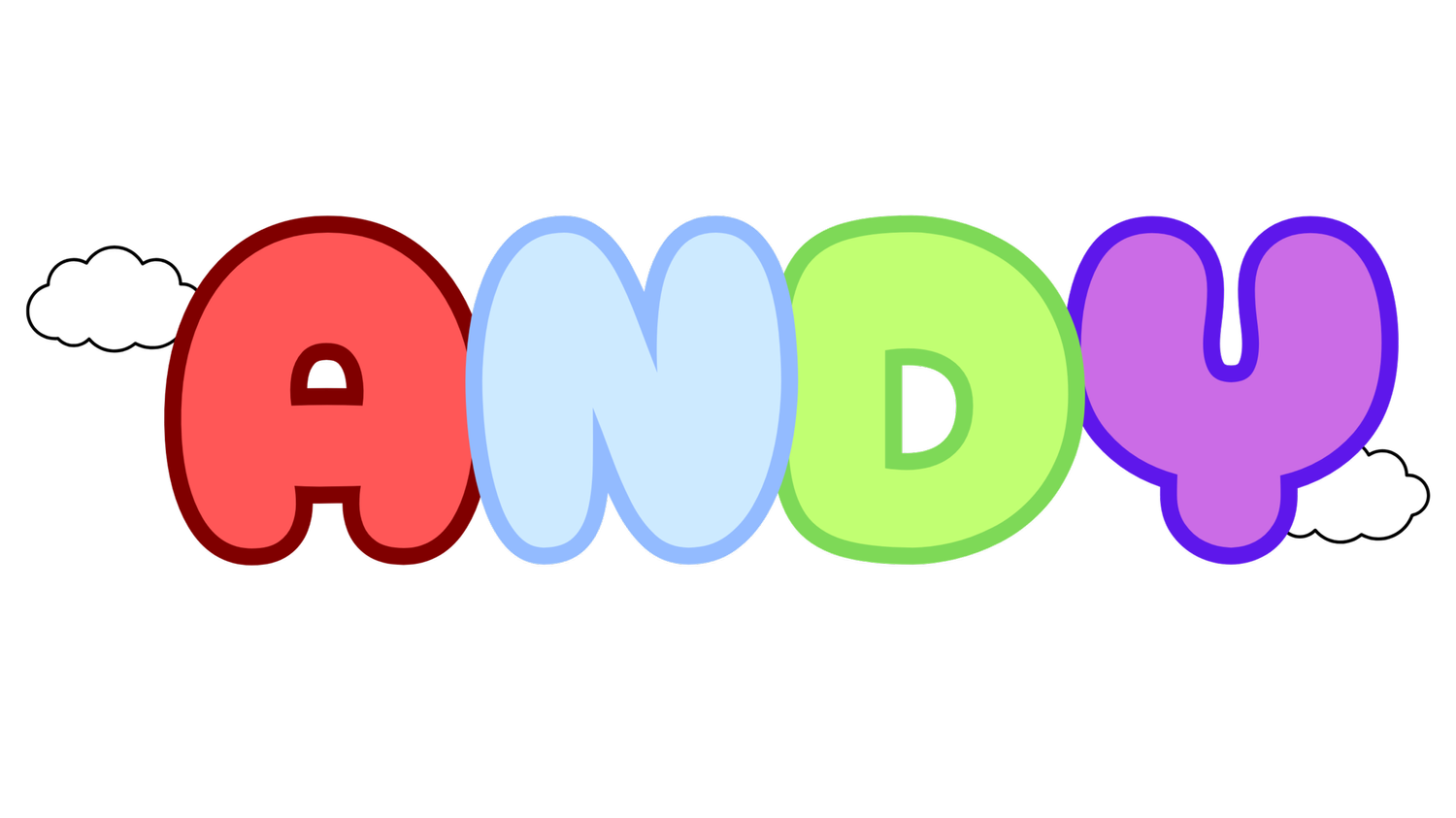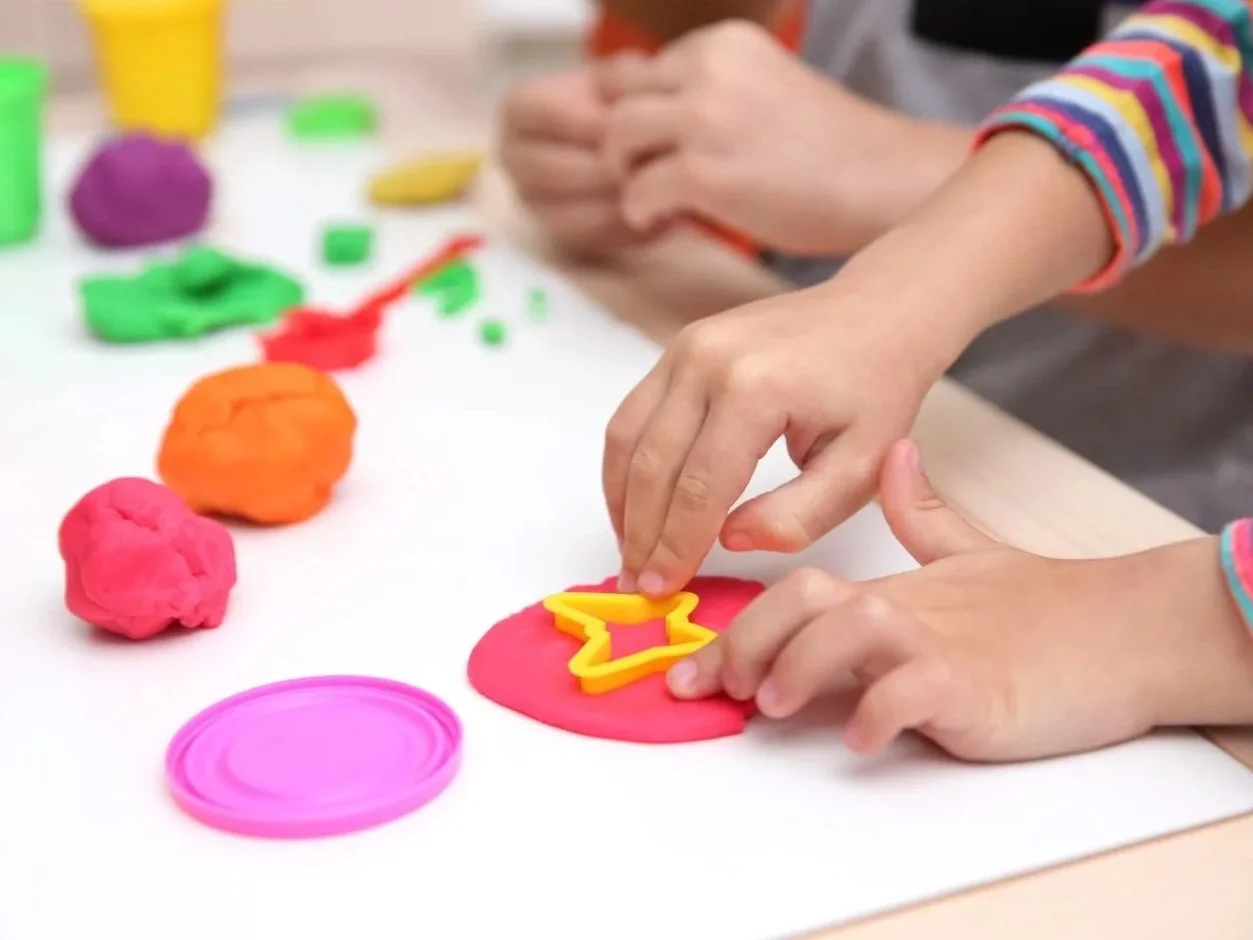What does ANDY OT stand for?
Assisting NeuroDivergent Youth
Andy OT is a community-based therapy service which offers Occupational Therapy to children aged 0-18 years old who currently reside in Australia. This means that we will come to you!
We offer face-to-face visits to the child’s home, daycare or school, if within our catchment areas. Additionally, telehealth options are available.
Andy OT works with children who have a range of different disabilities and neurotypes. We understand that some children can become stressed leaving their home and attending clinic appointments. We also understand that families live outside of catchment areas for services they require. We want to ensure that no matter where families live, they are still able to access the support they need.
Clinics can be triggering for many people, that is why we offer community and telehealth services, so that families are able to access therapy support from the comfort of their home.
About us
Who we work with
Our service aims to provide support for clients who have diagnoses which include but are not limited to:
Autism
Attention Deficit Hyperactivity Disorder
Anxiety
Depression
Sensory Processing Disorders
Pathological Demand Avoidance (PDA)
Intellectual Disabilities
Hyper mobility
Developmental Delays/Disorders
Oppositional Defiance Disorder
Avoidant Restrictive Food Intake Disorder (ARFID)
Behavioural Challenges
What we work on
All progress begins with understanding where you are now and where you want to be. Children work best when they are developing skills with the support of an adult. It is crucial to praise the child’s effort and participation, to encourage further engagement in the activity. The skills will slowly build with practice and can carry over to other tasks in their lives. So, make sure learning and enhancing skills is a fun process for everybody involved!
Below are some common areas and challenges which Occupational Therapy addresses.
-
Children with a range of different disabilities, of all ages, can experience emotional regulation difficulties. These can be environmental or situational. This is an opportunity to enhance your child’s problem solving, distress tolerance and coping skills.
-
Fine motor skills include item manipulation, strength, dexterity and endurance. These skills are required for tasks such as writing, fastening buttons, pulling zips and tying shoelaces. These skills can be developed through fun craft activities within the home.
-
Gross motor skills include balance, coordination, body strength and endurance. These skills are required for tasks such as jumping, running, kicking a ball, catching or throwing. These skills can be developed through fun physical activities at home.
-
Focus and sustained attention is a skill which can be developed through capacity building. This skill is required in all areas of daily life, and has a large impact on learning and memory. Focus is like a muscle, the more you train or practice it - the stronger it gets.
-
Occupational therapists support toileting training by applying neuroscience and sensory processing principles to help children interpret internal body signals, regulate their nervous system, and build the motor, cognitive, and self-care skills needed for successful and independent toileting.

